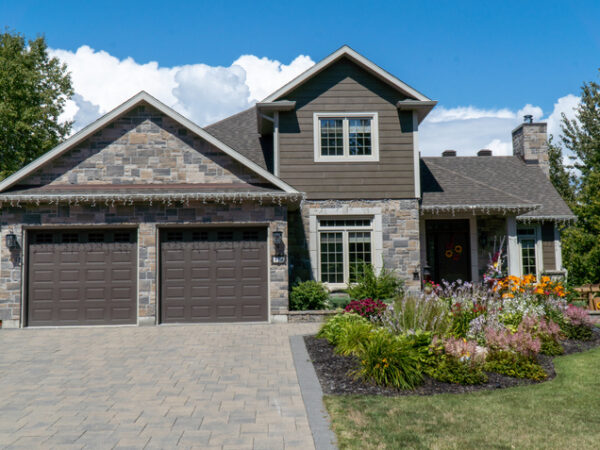The vast majority of seniors are likely to say they want to remain in their own home for as long as possible and delay or avoid a move into assisted living or long-term care. But for some older adults to remain at home, especially those who live alone without nearby family support, it may take some creative thinking to allow them to continue to live at home safely and with financial security. Home-sharing may be a solution worth considering.
According to a recent McMaster University Optimal Aging Portal post, there are many benefits for seniors that remain at home including familiarity, connection to social networks and a sense of psychological and physical security. But when mobility challenges, health problems, financial issues or a lack of social support surface, home sharing may be mutually-beneficial option for seniors and tenants.
Many seniors, after their children are grown and flown, have extra space in their home. With the rising cost of housing, students or single adults may find renting a room with shared living space is more affordable than an apartment or rental property. Home-sharing organizations are growing across the United States and Canada, and many help place students with older adults. In exchange for help around the house and companionship, younger housemates may receive a reduced rental rate.
A study of home-sharing programs and arrangements for people over 55 found that renting a room in their home provided older adults with a greater sense of security while reducing anxiety and loneliness. With daily help around the house, seniors also reported feeling greater well-being and a better quality of life. Older adults who were in home-sharing arrangements also said they were more motivated to go outside the home to participate in social activities.
Using a tenant-matching service, such the Symbiosis program at McMaster, helps older adults find a tenant that will be compatible and design a daily schedule that will benefit both parties. Research has found that multigenerational living arrangements help combat ageist ideas and give younger people a more positive outlook on older age. Seniors are also more likely to engage with younger people if they are exposed to different generations and feel more comfortable around them.
Intrigued about home-sharing? Seniors can start by making a list of pros and cons about renting a room in their home, scouting out other possible housing arrangements, listing expectations and rules for tenants, and contacting a reputable home-sharing organization. Always do a background check on anyone before accepting them as a roommate.






Add Your Voice
0 Comments
Join the Discussion